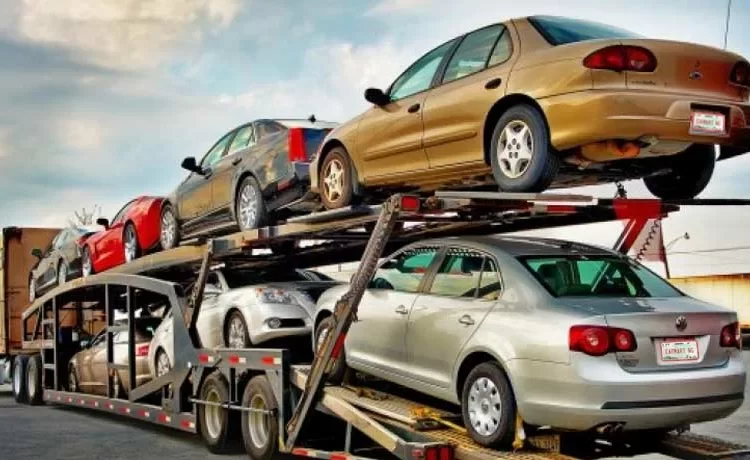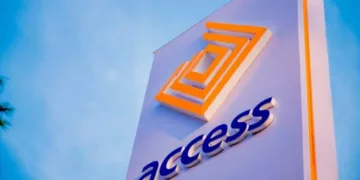With policy credibility, infrastructure, business-friendlier macroeconomics, among others, Nigeria’s automobiles can outpace strong competition from imported brands, says experts.
For decades, the country has dreamt of a self-reliant sector that could create jobs, transfer technology, and reduce reliance on imports. The vision dates back to the 1970s when Volkswagen, Peugeot, and others set up assembly plants, buoyed by government industrialisation drives, but five decades later, the industry remains far from its early promise, as stunted by policy inconsistencies, macroeconomic shocks, and relentless competition from used-vehicle imports.
“Nigeria has everything it needs—market size, entrepreneurial capacity, even early industrial experience. But the missing pieces are policy credibility and infrastructure. Investors need a ten-year roadmap that won’t change with every government,” said Sam Akwaja, an industry analyst who has worked with auto assemblers across West Africa.
Operators in the sector share a cautious optimism. A senior manager at a Lagos-based assembly plant, who requested anonymity, explained that: “We are not against competition, but it must be fair. Imported used vehicles flood the market at low prices, while we face high tariffs on parts and huge logistics costs. Without targeted support for local suppliers, we will remain stuck at assembly level.”
The Small and Medium Enterprises(SMEs) in the supply chain echo this frustration. Chinedu Eze, who runs a modest auto parts fabrication workshop in Nnewi, argued that local SMEs could rise if given proper support. To him, “We can produce certain components—seats, wiring, even body panels. But the cost of power and finance kills us. If government gives access to long-term credit and stable electricity, we can feed the assemblers instead of everything coming from abroad.”
The National Automotive Industry Development Plan (NAIDP) and efforts by the National Automotive Design and Development Council (NADDC) have laid out ambitious targets, but implementation remains patchy. Customs bottlenecks delay imports of CKD kits, foreign-exchange shortages push up costs, and the absence of mid-tier suppliers keeps localisation low.
‘Policies are often announced with fanfare, but the follow-through is weak. Nigeria must learn from Morocco and South Africa: build clusters, improve logistics, and create enforceable localisation timelines,’ noted an industrial policy researcher in Lagos, Dr. Kayode Yusuf.
Experts argued that, Nigeria needs a dual approach: build domestic industrial clusters like Nnewi and Agbara/Ota while simultaneously securing partnerships with global OEMs that commit to local sourcing and training. Incentives for parts production, access to long-term foreign exchange, and targeted infrastructure investments in power and logistics could provide a lifeline, market observers said.
But there is also the question of consumer affordability. With inflation and declining purchasing power, most Nigerians cannot afford new cars, and used imports remain the go-to option. Linking assembly incentives to exports and tailoring affordable, rugged vehicles for African conditions could help bridge that gap.
Nigeria is unlikely to overtake Morocco or South Africa in the near term. But the sector still holds potential, particularly in commercial vehicles, buses, and agro-equipment, where scale is achievable, and local content could grow faster.
“The danger is creating sheltered assembly lines that never graduate to real manufacturing,” warned a local assembler, Wale Adegbite. “If we want real growth, it must be about parts, skills, and exports, not just stickers and badges.”
The broader implication is clear: Nigeria’s auto industry will not succeed through protectionism alone. It requires patient capital, predictable policy, and honest partnerships between government and industry. The country has the market and the ambition. Whether it can align those with execution will decide if Nigeria’s automotive story remains stalled, or finally shifts into gear.






